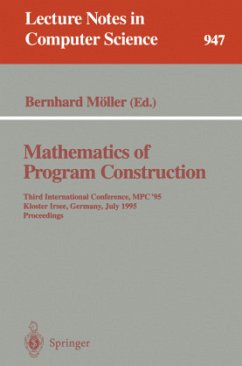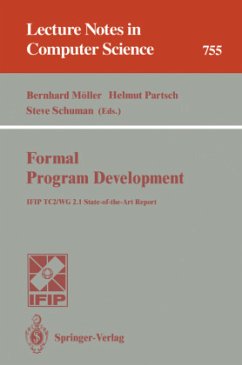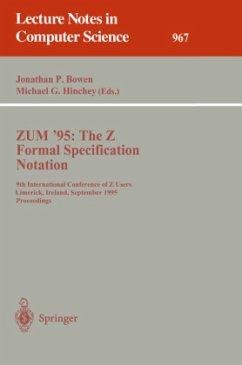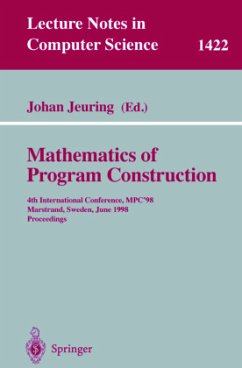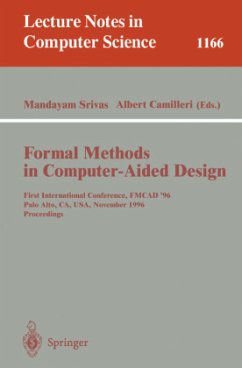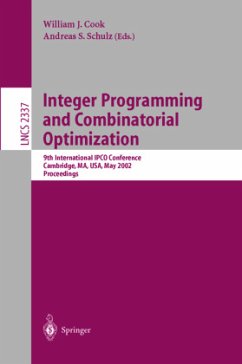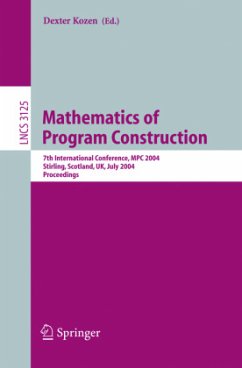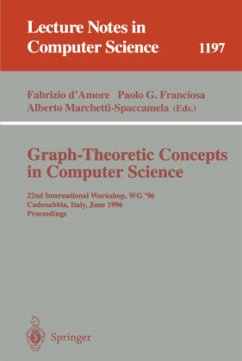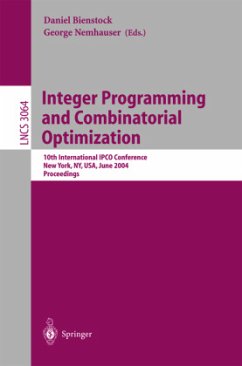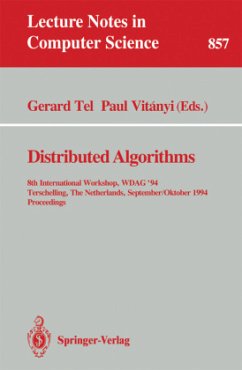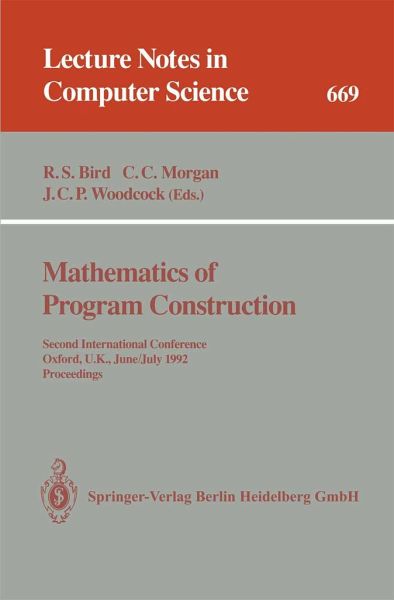
Mathematics of Program Construction
Second International Conference, Oxford, U.K., June 29 - July 3, 1992. Proceedings
Mitarbeit: Bird, Richard; Morgan, Carroll; Woodcock, James C. P.
Versandkostenfrei!
Versandfertig in 1-2 Wochen
39,99 €
inkl. MwSt.

PAYBACK Punkte
20 °P sammeln!
Not very long ago, the uninhibited use of mathematics in thedevelopment of software was regarded as something foracademics alone. Today, there is moreand more interestfrom industry in formal methods based on mathematics. Thisinterest has come from the success of a number ofexperiments on real industrial applications. Thus, there isnot only a belief, but also evidence, that the study ofcomputer programs as mathematical objects leads to moreefficient methods for constructing them.The papers in this volume were presented at the SecondInternational Conference on the Mathematics of ProgramConstruct...
Not very long ago, the uninhibited use of mathematics in thedevelopment of software was regarded as something foracademics alone. Today, there is moreand more interestfrom industry in formal methods based on mathematics. Thisinterest has come from the success of a number ofexperiments on real industrial applications. Thus, there isnot only a belief, but also evidence, that the study ofcomputer programs as mathematical objects leads to moreefficient methods for constructing them.The papers in this volume were presented at the SecondInternational Conference on the Mathematics of ProgramConstruction, held at St. Catherine's College, Oxford, June29 - July 3, 1992. The conference was organized by theOxford University Programming Research Group, and continuedthe theme set by the first - the use of crisp, clearmathematics in the discovery and design of algorithms. Thesecond conference gives evidence of the ever-widening impactof precisemathematical methods in program development.There are papers applying mathematics not only to sequentialprograms but also to parallel and on-current applications,real-time and reactive systems, and to designs realiseddirectly in hardware. The volume includes 5 invited papersand 19 contributed papers.





